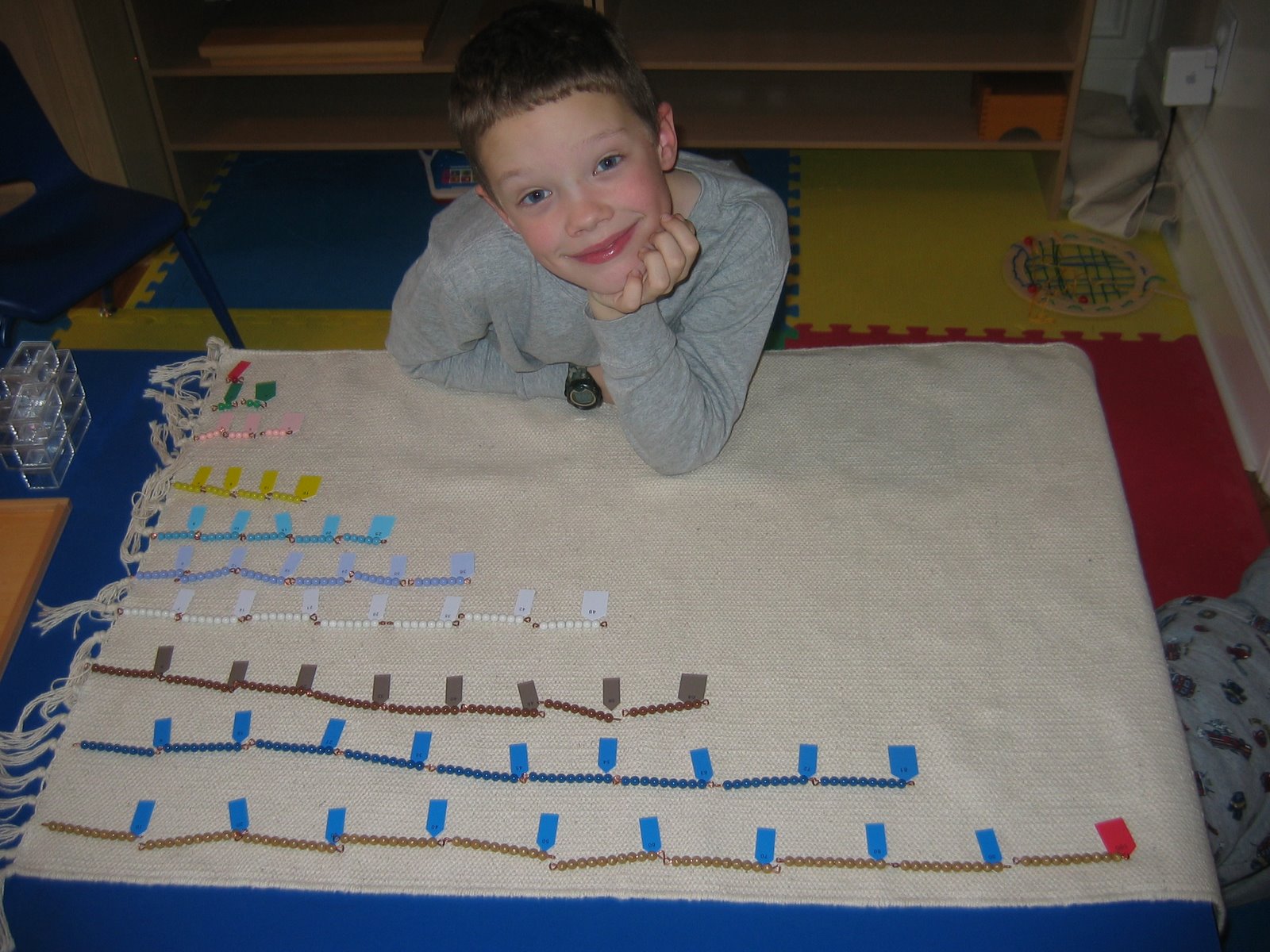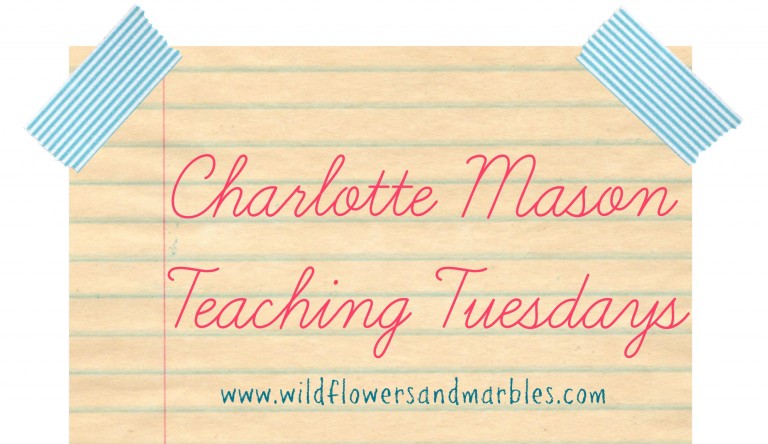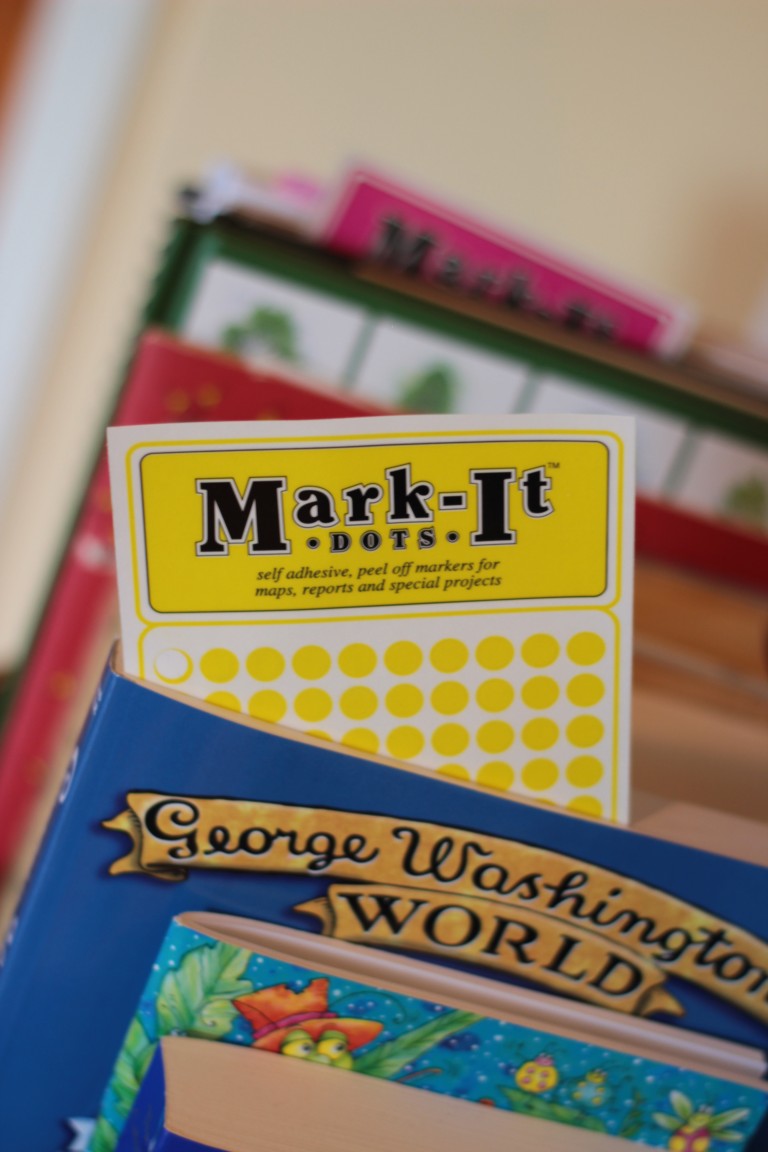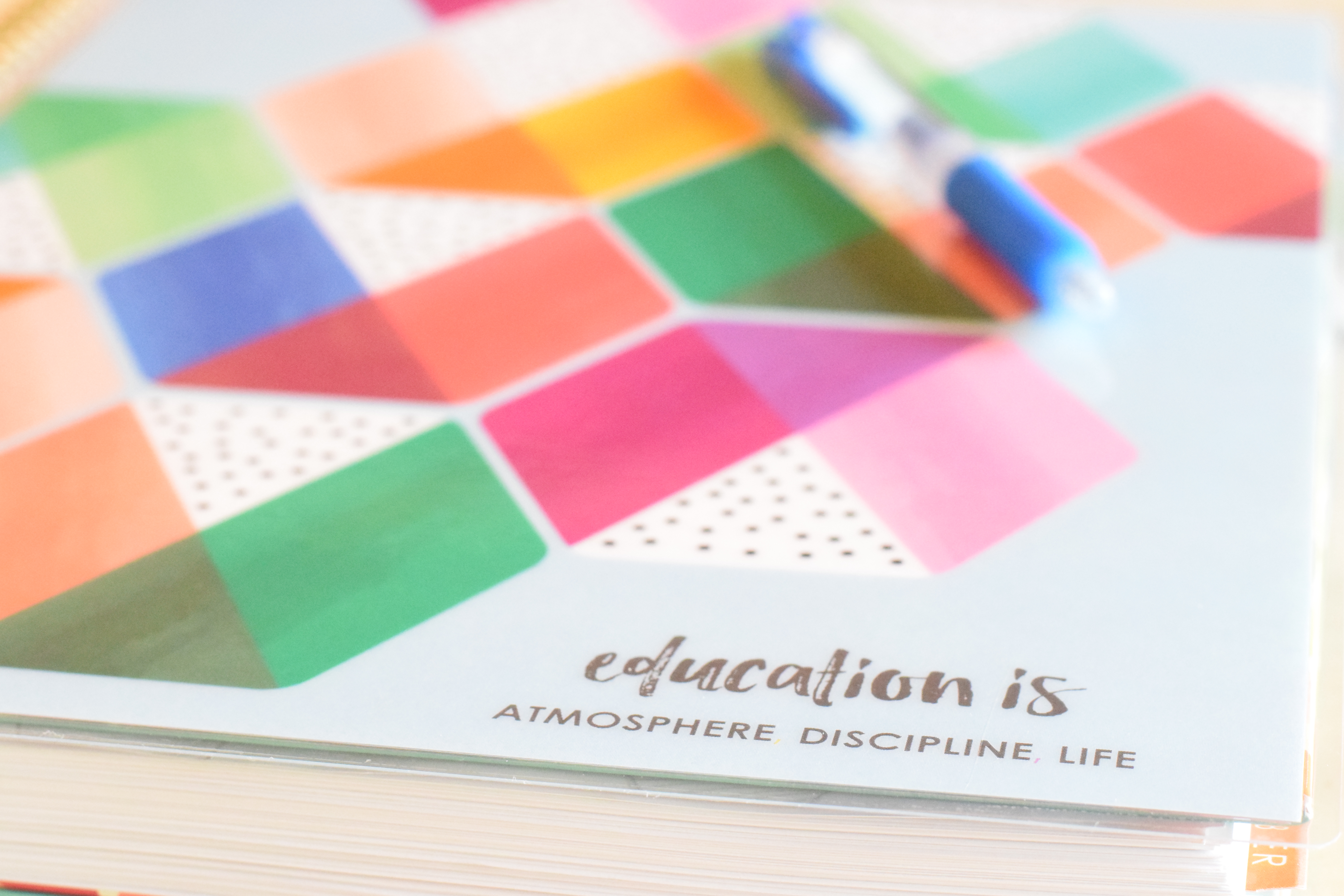Lost in Homeschooling? Apply the Philosophy of Wonder

Life as a homeschooler isn’t what I imagined it would be all those years ago.
I suppose it takes a few years and enough failures to be humble enough to see the simplest lessons. If I were younger and reading my own words today, I’d still be filled with all the hope and joy of youth, and also the sometimes blinding idealism that sweeps reality far, far away, and embraces “what might be,” or “what I’m reading about that could be,” or, “how someone said it would be.” There is something about that idealism – it’s sweet in the moment, but add enough years and experiences and it runs away like a coward when reality rushes in – and you’re left with your intellect, willpower, and God’s grace.
Don’t misunderstand; I’m not lost. I’m far too optimistic for that! But I’m staring at my 20th year of home education and my eyes are wide open. 20 years and two graduates. And those two graduates (as well as my other children) have taught me far more lessons than any defined philosophy of education. (And to be clear: I’m not knocking philosophies of education! I happen to subscribe to an adapted blending of two that illuminate our days.)
My children taught me about philosophy in ways they probably couldn’t ever imagine. The lessons were sometimes quiet and tucked in the corners of days – they were hidden and then found later. Much later. And some lessons were so bold and big that they felt like a stinging slap in the face – the kind of lessons that probe your entire “why,” but given enough time to mature, provide clarity and root out silly fantasies. All of those lessons took me a long time to learn – probably because I’m not a very good student. They take time to untangle, or maybe it just takes time to detach from all the noise and listen to that still, small voice. Either way, I’m grateful for the lessons in humility that experience brings because I’m hearing and seeing clearer than I ever have.
Have you ever noticed when reading about educational philosophy that there are always a few common, intersecting points regardless of the particular educational philosophy? I noticed it long ago. At first look, I decided to let it validate me, but after falling flat on my face enough times, I began to see those common points as my only secure footing.
The secure footholds of education:
- Literary based – and this doesn’t exclude textbooks, which certainly (I think) have a place at times, but by and large, education historically (and by historically, I mean over thousands of years) has been built on a literary foundation of good books moving toward great books.
- Assessment that meets the child and seeks to know, rather than discover and highlight what is not known.
- Embraces beauty through culture: art, music, and faith.
- Meets the student right where the student is and respects the student as a person made in the image of God – no dumbed down material and no stretching into the abstract before the child is developmentally ready.
- It unapologetically nurtures wonder. Wisdom begins in wonder. Education cannot happen without it. Period.
These ideas, especially the foundational understanding of wonder as it relates to wisdom, are centuries old (Socrates was first to utter it), but its most modern successful iteration (and a fantastic example for us to imitate) happened in the 1970’s through a little known Great Books program that took place at a state university (University of Kansas). The founders of the program “understood that if wonder deserts the student at any step in the educational process, that education loses its proper form. It becomes a mechanical art, a burden to the student rather than a joy. Wonder is thus not only the beginning but also the sustaining principle of the best education, because when we wonder, our attention is awakened to the world. This is the first step on the way to truth.” (source)
It all starts in wonder, and…
- Wonder which confronts mystery leads to knowledge.
- And knowledge – if it is true knowledge and not just fact pegs memorized for a quiz – always leads right back to wonder.
- And from wonder to love.
- And knowledge – if it is true knowledge and not just fact pegs memorized for a quiz – always leads right back to wonder.
In the grand scheme of things, if we look beyond the spelling rubrics and the science topics and the math progression, this is the end goal – wonder to knowledge to love. (Source: Bishop James Conley, Bishop of Lincoln, Nebraska and graduate of Dr. John Senior’s University of Kansas Integrated Humanities/Great Books program)
For a child, everything is wonder (Chesterton) so this idea and refreshment is more about working with the grain than trying to contrive some new method or application! (Breathe a sigh of relief here!) That means that we need not fret about researching (to death) the exact right tools or the only right curriculum used in exactly the right regimented way – we need only cultivate the wonder that already exists in a child.
Children are so much more capable of grappling with the hard things than we give them credit for. And since the noise of our culture tends to encourage overthinking of the simplest ideas, let me add that cultivating wonder means nothing more than becoming a child again. Ask the question. Look at the thing. Explore the differences. Have the conversation. Let the experience do the teaching. Go outdoors. But be with the child – not above the child, or outside of the experience; be alongside. Children have an innate sense of wonder and they also have an uncanny ability to detect falsities. Be authentically engaged and wonder will naturally be expressed and invited!
This homeschooling journey is somewhat paradoxical. It brings immense joy as well as intense suffering. There are days that seem full and rewarding and days that are dry as the desert. There are seasons that feel invigorating and seasons of burnout. There are organized crafting days and then there are days of educational programming! And woven through all of that, there is your unique homeschooling philosophy, which is likely a meshed best-you-can-bring-to-the-table blend of the educational philosophies that resonate with you and weave into the real life challenges and circumstances within which you are conveying an education.
My perspective comes from having lived many different seasons of homeschooling and the confidence of knowing that children are resilient and weather the rougher seasons better than we do. My perspective is borne out of stretching and groping toward virtue and has resulted in a life more simple, ideals more grounded, outcomes more aware of persons, and lessons hard learned. And the biggest lesson for me isn’t really an epiphany or surprise at all, as much as it is a quieting of noises and a settling of my feet in those very secure footholds – and that really, from beginning to end, it’s all about wonder. We begin there so that they can know and see. And when I feel distracted or overwhelmed, it’s where I return to refresh weary spirits and dry days.

This time of year is perenially one of reflection and inspection (of schedules, booklists, habits, chores, seasons, abilities). I’ve written and shared about allowing this time to be one of refreshment rather than discouragement – Dear Homeschooling Mom, February is a time to refresh! With so much to do, we can get lost in the details of a day and forget that our role is to let them wonder!
If you feel lost in this journey – perhaps you are new to home education and overwhelmed, or perhaps your children are all older and you struggle to reclaim the joys you all once experienced in home education – may I suggest the simplest of solutions? (Re)Discover the value of wonder in education. Find the little child that is within you. Allow time and space in your day for wonder – don’t snuff it out with structure and rubrics and busywork. Gaze at the stars, take a walk in nature, do something that helps you and your children recognize your innate smallness within God’s creation. Humility unlocks wonder. Nurture wonder as your foundational philosophy of education and watch as it transforms days and provides the necessary medium for education.

How does wonder impact your homeschool day? Share ways you nurture wonder in your home!








I really needed this today. Thank you!
Thank you so much!
This was very inspirational. It has given me wonderful ideas to ponder to add to my own philosophy. I have been homeschooling a bit longer than you and retirement is in sight. I love this philosophy. I love the wonder and literature..all of it. However, I have felt that homeschooling has gotten harder. With my older kids, I think we had what you described. Not perfect but very close . With my younger kids I feel that the technology has endangered that core of wonder. Technology can be a marvelous tool for finding out all kinds of things but I find it has become more of a distraction. It is difficult to keep the technology controlled and to keep the attention on those ideas and books. Reading has become harder for a generation that presses an image to find mostly short biased opinions and propaganda. I would love to see an article from you on how you keep that philosophy of education
alive amid the technology. My younger children who have grown up with internet and games at a click have much shorter attention spans than their older siblings who grew up without internet. It also seems that the wonder is more difficult to achieve. I would love to know if you have noticed this and if so how you combat technology and preserve the philosophy inside the trenches where the struggles are real.
Judy, I understand some of your concerns with technology. It is most certainly a threat to wonder! I’m not sure I have enough insight or proven experiences to be able to devote to an entire article to it. It is just like every other threat – something that we brainstorm and battle regularly and work to keep in its rightful place as a tool and an occasional source of entertainment.